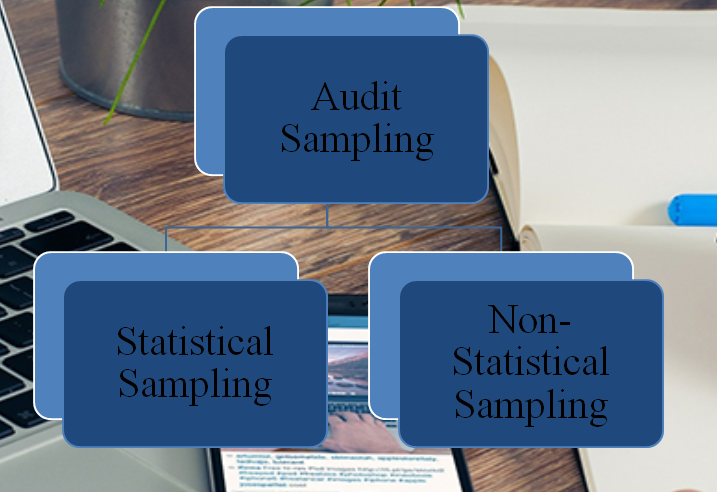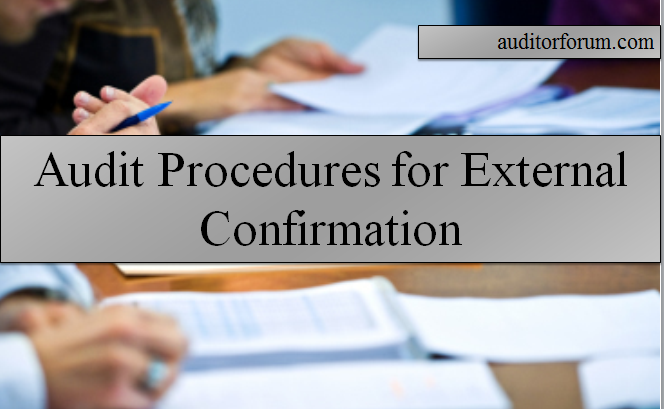Statistical Sampling:
An approach to sampling that has the following characteristics is called statistical sampling.
- Random selection of the sample items
- The use of probability theory to evaluate sample results, including measurement of sampling risk.
Non-Statistical Sampling:
A sampling approach that does not have above characteristics is considered non-statistical sampling.
Sampling and non-sampling risk:
Sampling risk is the risk that the auditor’s conclusion based on a sample may be different from the conclusion if the entire population were subjected to the same audit procedure.
Non sampling risk is the risk that the auditor may reach an erroneous conclusion for any reason not related to sampling risk.
Narrate the circumstances under which the auditor would resort to the following techniques Selecting all items of a population.
Selecting all items:
Selecting all items of a population for examination may be appropriate in the following situations:
- The population constitutes a small number of large value items
- There is a significant risk and other means do not provide sufficient appropriate audit evidence
- The repetitive nature of a calculation or other process performed automatically by an information system makes a 100% examination cost effective.
Narrate the circumstances under which the auditor would resort to the following techniques Selecting specific items.
The auditor may decide to select specific items for examination in the following circumstances:
High value or key items:
If the selected items are of high value, or exhibit some other characteristic, for example, items that are suspicious, unusual, particularly risk-prone or that have a history of error.
All items over a certain amount:
The auditor may decide to examine items whose recorded values exceed a certain amount so as to verify a large proportion of the total amount of a class of transactions or account balance.
Items to obtain information:
Where the auditor intends to obtain information about matters such as the nature of the entity or the nature of transactions.
For more information on this topic keep on visiting Auditorforum.com.







